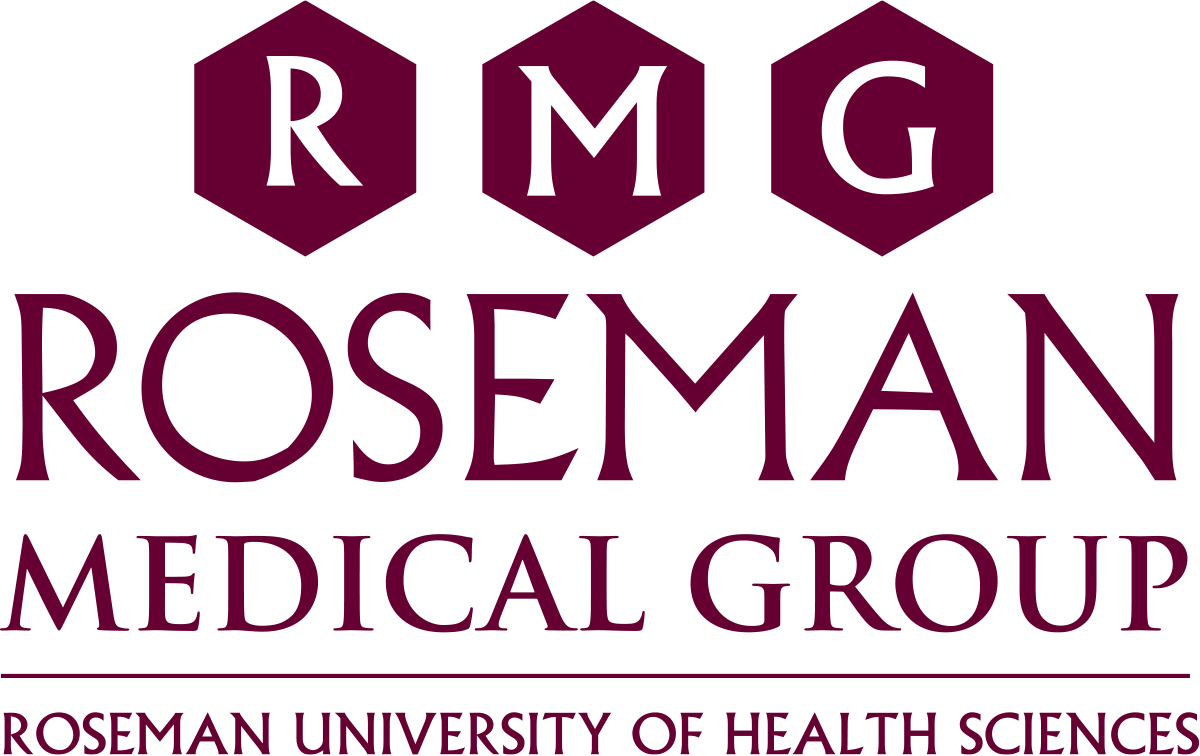Getting the right vitamins and minerals every day is essential to maintaining a healthy physical baseline. When you feel continually tired, anxious, or just generally out of sync, you may turn to the nutritional supplements section of the drugstore. With friends and influencers online claiming, “This multivitamin changed my life, so you have got to try it,” there’s no shortage of opinions about the best quick fixes for any problem.
It’s tempting to reach for a do-it-yourself remedy for a health concern, from de-stressing to fixing an energy slump. However, not all supplements are created equal. Consumers should be cautious, do their research, and get some professional advice before clearing the shelves at CVS.
The Food and Drug Administration doesn’t evaluate supplements for effectiveness or safety because supplements are considered food, not medicine. Because of this, supplements cannot be advertised as preventing or treating disease. According to the FDA:
FDA regulates both finished dietary supplement products and dietary ingredients. FDA regulates dietary supplements under a different set of regulations than those covering “conventional” foods and drug products. Under the Dietary Supplement Health and Education Act of 1994 (DSHEA):
- Manufacturers and distributors of dietary supplements and dietary ingredients are prohibited from marketing products that are adulterated or misbranded. That means that these firms are responsible for evaluating the safety and labeling of their products before marketing to ensure that they meet all the requirements of the Federal Food, Drug, and Cosmetic Act as amended by DSHEA and FDA regulations.
- FDA has the authority to take action against any adulterated or misbranded dietary supplement product after it reaches the market.
In light of these regulations, supplements are often sold with claims to do things like calm anxiety and worries, support the immune system, or promote rest. These claims, no matter how convincing, may simply be words inspired by creative marketing, not scientific research and facts.
On a daily basis, eating a nutrient-rich diet is often the key to getting all the necessary vitamins for a healthy day, including:
- Vitamin A for eye, cell, and immune health
- Good sources include salmon, liver, sweet potatoes, kale, and mangoes.
- Vitamin C for immune health and body tissue healing
- Good sources include citrus fruits and juices, strawberries, peppers, broccoli, and potatoes.
- Vitamin D for muscle function, bone strength, and cell function
- Good sources include trout, salmon, mushrooms, milk, and egg yolks.
- Vitamin E for immune health
- Good sources include plant-based oils like wheat germ or sunflower, almonds, peanut butter, asparagus, and mangoes.
- Vitamin K for bone health and blood clotting
- Good sources include collards, spinach, kale, broccoli, and turnip greens.
- B vitamins for energy and cell function
- Good sources include leafy greens, salmon, eggs, milk, and beef.
Nutrient-rich foods also contain other important things the body needs, including fiber and minerals like:
- Magnesium for brain, heart, and muscle health
- Good sources include almonds, spinach, pumpkin seeds, cashews, and soy milk.
- Potassium for fluid regulation, along with nerve and muscle health
- Good sources include sweet potatoes, avocados, white beans, spinach, and coconut water.
- Calcium for bone, nerve, heart, and muscle health.
- Good sources include yogurt, chia seeds, tofu, leafy greens, and almonds.
Sometimes, someone’s body may be in need of certain vitamins or minerals due to age, pregnancy, or health condition. A doctor can perform the right tests and offer recommendations about which specific supplements can help provide these missing pieces.
The providers at Roseman Medical Group specialize in personalized treatment and guidance. If you’re in need of a primary care provider to get your health back on the right track, make an appointment at (702) 463-4040.


